Since Israel stepped up its operations against Hezbollah, the Houthi forces in Yemen have taken on a larger role in the complex conflict unfolding in the Middle East.
From "inferior" to "center of attention"
On September 27, Houthi forces launched a ballistic missile at Ben Gurion near Tel Aviv (Israel) as Prime Minister Benjamin Netanyahu had just returned from New York.
On September 30, the force also threatened to "intensify military operations" against Israel after shooting down a US military drone flying over Yemen.
On October 1, a drone carrying explosives crashed into a ship in the Red Sea, the latest in a series of Houthi attacks on cargo ships in the region.
The Iran-backed Houthi forces have seized much of northern Yemen and the capital Sanaa, plunging the country into a decade-long conflict and stalemate.
Before the Gaza conflict broke out, the Houthis were often seen as the “underdogs” in an axis that included Iran, Syrian government forces, Hezbollah in Lebanon, Hamas and other regional groups, according to Ahmed Nagi, senior Yemen analyst at Crisis Group.
But the tide turned when the Houthis began attacking ships passing through the Red Sea and the Gulf of Aden to reach the Suez Canal. “Over the past year, the Houthis have become the focus,” said Nagi.
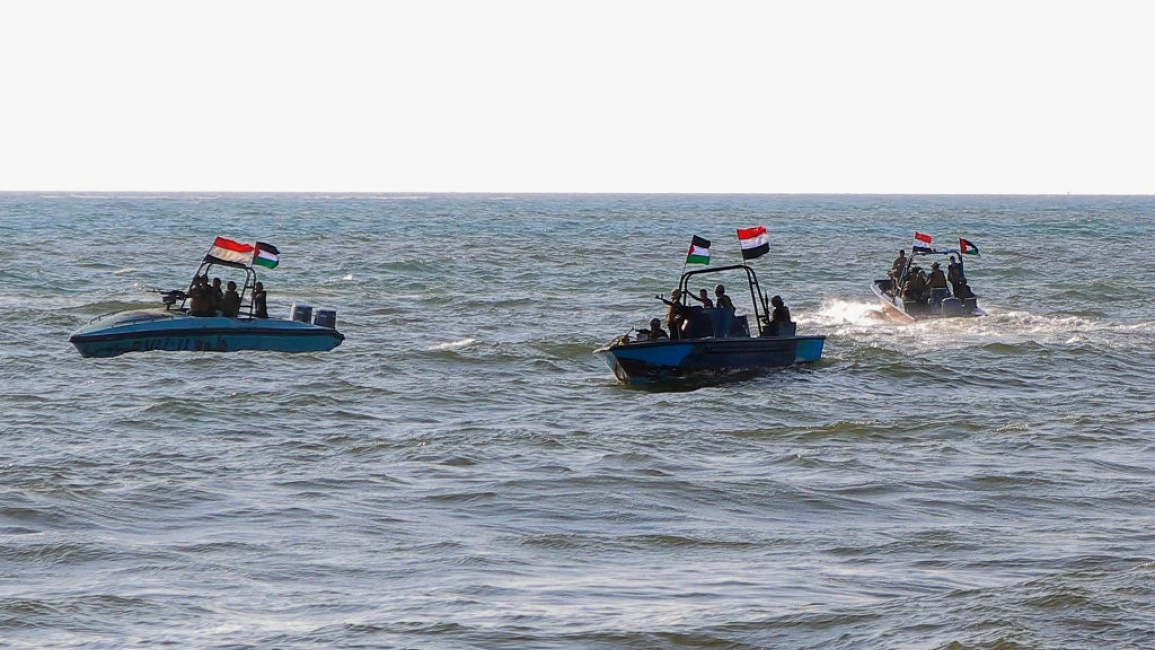 |
| Houthi forces use small boats, short-range missiles and drones to carry out attacks in the Red Sea. (Source: AP) |
Recently, clashes between Israel and Hamas in the Gaza Strip have caused a number of casualties and destruction that have shocked the world.
However, Mr. Nagi said, the Houthi forces see unity between Yemenis and Palestinians as a "useful tool" to recruit soldiers and increase their numbers.
In addition, in June 2024, the Houthis unexpectedly "unveiled" a new solid-fuel missile with many characteristics similar to Iran's supersonic missile. This force launched a new missile called "Palestine" at the port of Eilat in southern Israel, but caused no damage or casualties. The Houthis' military move caused surprise, mainly due to limited resources and the prolonged humanitarian crisis in Yemen.
According to Senior Analyst Nagi, the group’s strategy is to “gradually escalate” with Israel. As their influence grows, the Houthis are likely to increase their arsenal of advanced weapons.
The Houthis initially targeted Israeli-linked vessels, but have since expanded their campaign to include all commercial vessels in the Red Sea and the Gulf of Aden. They use small boats, short-range missiles and drones to carry out the attacks.
The Houthi campaign has prompted a response from an international coalition led by the US and the UK. US defence officials said the coalition also carried out airstrikes on “locations associated with Houthi weapons storage facilities, missile and launcher systems, air defence systems and radars”.
In July 2024, the Houthis launched a drone at Tel Aviv, killing one person and injuring 10 others. In response, Israel launched airstrikes on Houthi-controlled areas in Yemen, including the port city of Hodeida.
Since then, the Houthis have warned of expanding their campaign beyond Middle Eastern waters, targeting ships taking routes around the Cape of Good Hope (South Africa), or those in the Mediterranean heading towards Israel.
“Exploiting” the position
The Houthis are likely to be “undeterred” in the near term and target ships further out in the Indian Ocean, according to Faozi al-Goidi, a fellow at the Middle East Council on Global Affairs.
Mr al-Goidi said the force would also seek to “cooperate with other militias to build an alliance that would influence regional security”.
The Soufan Group, a US-based non-profit security analysis organization, said the Houthis were increasing their “autonomy” in operations and diversifying their coalition.
The group still controls much of northern Yemen and enjoys popular support despite the dire economic situation, as evidenced by thousands of Houthi supporters in Sanaa taking to the streets every Friday to protest for justice for Palestinians and criticize Israel and the United States.
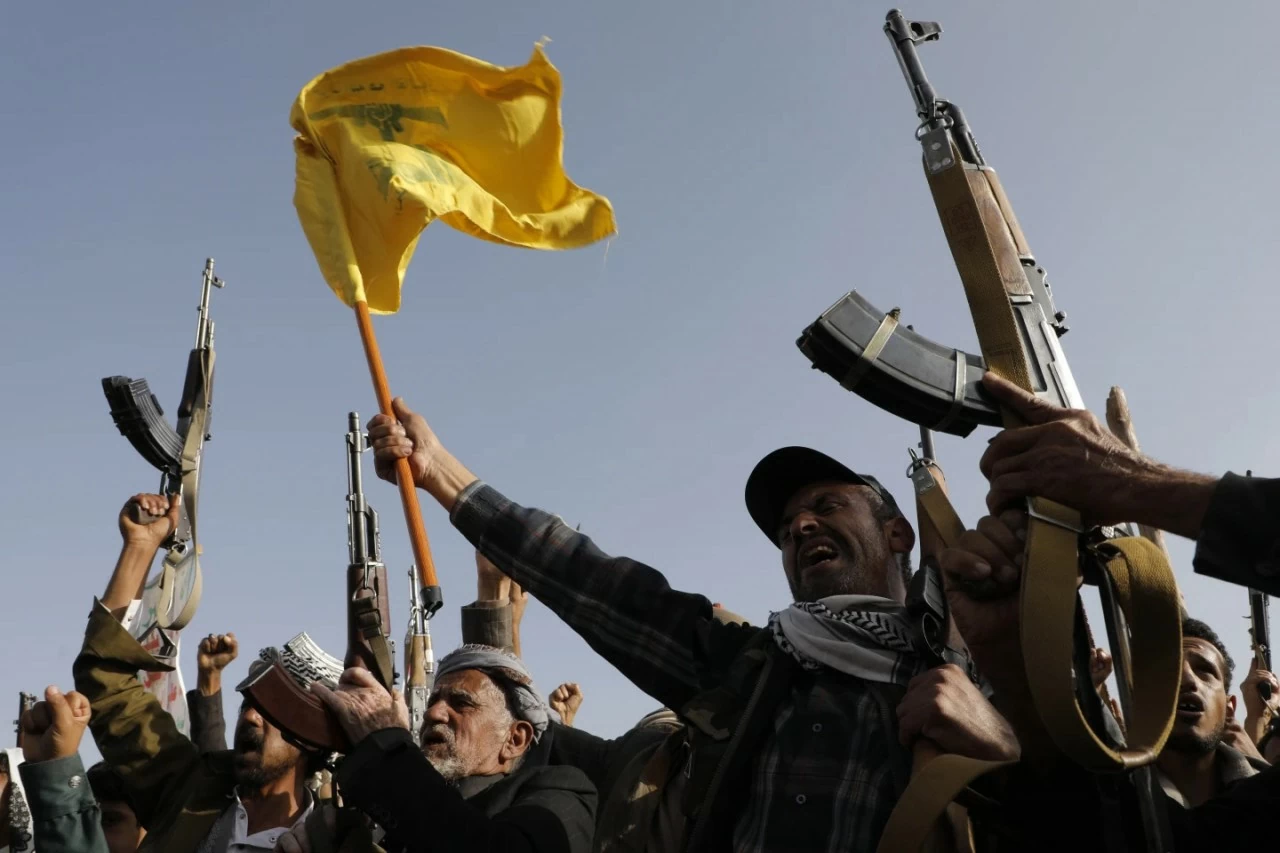 |
| Thousands of Houthi supporters in Sanaa (Yemen) take to the streets every Friday to protest for justice for Palestinians, as well as criticize Israel and the US. (Source: AP) |
“Yemeni people from all political and ideological backgrounds support and have deep connections with the Palestinian people,” Yemeni political analyst Abdel-Bari Taher stressed.
The Houthis may also seek to exploit their new position in negotiations with Saudi Arabia to resolve Yemen's civil war.
According to al-Goidi, the armed group can no longer be ignored. However, when the Israel-Hamas conflict broke out in 2023, the Houthis began targeting cargo ships throughout the Red Sea corridor, in an attempt to put pressure on Israel and the West.
Analysts say a wider conflict could "elevate" the Houthis' military power and influence across the region, despite retaliatory airstrikes from Israel, the US and the UK.
In short, the Houthis in Yemen are asserting a larger role in the complex conflict context in the Middle East, especially after the increasing tensions between Israel and Hamas. By using bold attack tactics and expanding their influence into the sea, the Houthis have not only become a formidable factor for Israel but also have the ability to influence relations in the region.
However, Yemen’s long-running civil war and dire economic situation remain major challenges for the armed group. The Houthis’ expansion of their military campaign and their search for support from new allies raise further questions about the dynamics and future of the conflict. Therefore, the international community needs to prevent “escalation” and seek a sustainable solution to the ongoing humanitarian crisis in Yemen.
Source: https://baoquocte.vn/luc-luong-houthi-yemen-dang-thu-loi-tu-cuoc-xung-dot-keo-dai-o-trung-dong-288452.html






![[Photo] Prime Minister Pham Minh Chinh chairs conference on anti-smuggling, trade fraud, and counterfeit goods](https://vphoto.vietnam.vn/thumb/1200x675/vietnam/resource/IMAGE/2025/5/14/6cd67667e99e4248b7d4f587fd21e37c)








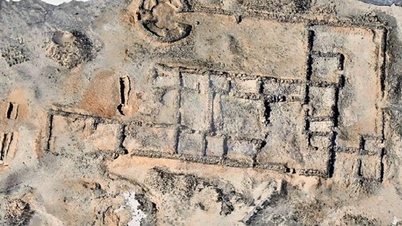




![[Infographics] Vietnam re-elected Chairman of the World Customs Organization's Standing Technical Committee](https://vphoto.vietnam.vn/thumb/402x226/vietnam/resource/IMAGE/2025/5/14/ae5e22967ce14621b808fd71d3308f63)
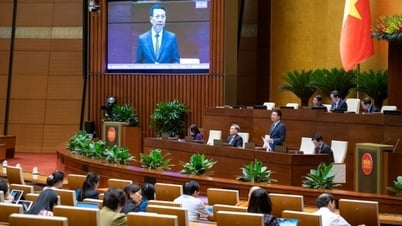
























































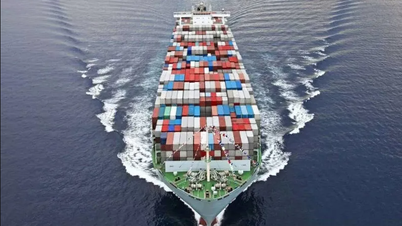
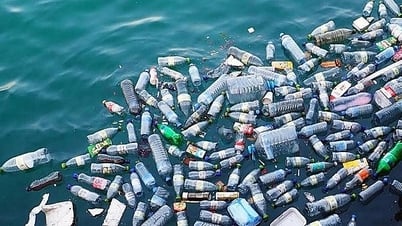
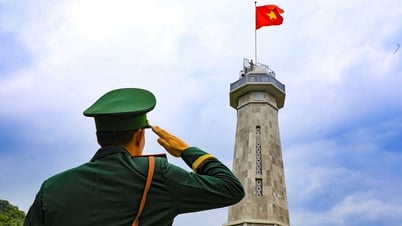



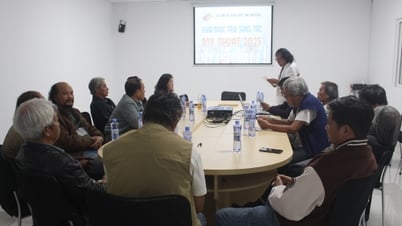



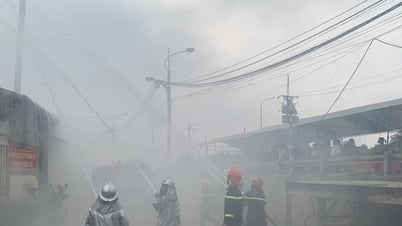

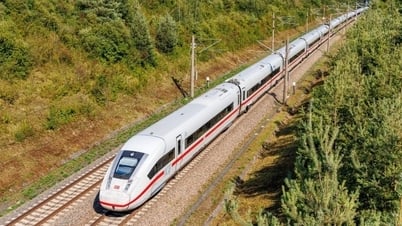









Comment (0)